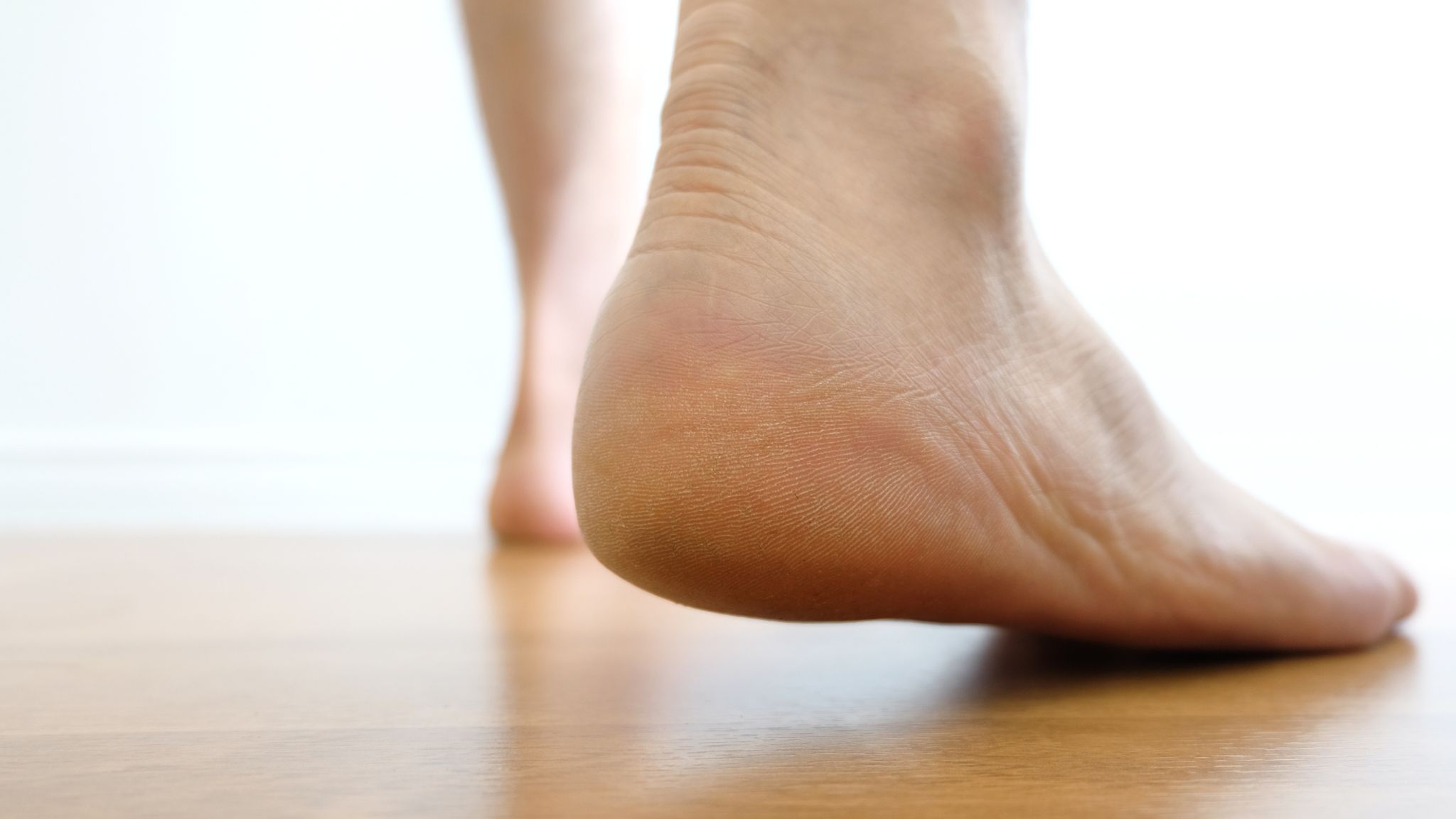Heel Pain Conditions
Heel pain can be an insidious and debilitating issue that affects people of all ages and walks of life. It can disrupt daily activities, from the simple act of walking to more vigorous activities like running and exercising. In this comprehensive webpage, we will delve deeper into the world of heel pain: what it is, the common conditions associated with it, and a range of effective strategies for finding lasting relief.
What is Heel Pain?
Heel pain is not a single condition but a symptom that can arise from various underlying causes. It manifests as discomfort, soreness, or pain in the heel region and can vary in intensity from mild to severe. To effectively address heel pain, it’s crucial to understand its root cause.
Common Heel Pain Conditions
- Plantar Fasciitis: Among the most prevalent causes of heel pain is plantar fasciitis. This condition occurs when the plantar fascia, a thick band of tissue running along the bottom of the foot, becomes inflamed. This inflammation results in a sharp, stabbing pain in the heel, particularly pronounced during the first steps taken in the morning.
- Heel Spurs: Heel spurs are bony growths that can develop on the underside of the heel bone. While not inherently painful, they often accompany conditions like plantar fasciitis and can contribute to discomfort.
- Achilles Tendinitis: Achilles tendinitis involves inflammation of the Achilles tendon, the crucial structure connecting the calf muscles to the heel bone. This condition leads to pain and stiffness in the back of the heel.
- Achilles Bursitis: Inflammation of the bursa sac located between the Achilles tendon and the heel bone can result in Achilles bursitis, causing pain at the back of the heel.
- Pinched Nerves: Sometimes, heel pain is the result of pinched or compressed nerves in the foot, which can lead to sensations like tingling or burning.
- Haglund’s Deformity: Haglund’s deformity, often referred to as “pump bump,” is characterized by a bony enlargement at the back of the heel. This prominence can irritate the soft tissues when wearing shoes, leading to pain.
How to Get Rid of Heel Pain
Relief from heel pain often begins with conservative measures. Here are some highly effective strategies:
- RICE (Rest, Ice, Compression, Elevation): This time-tested approach involves resting the affected foot, applying ice to reduce inflammation, using compression wraps, and elevating the foot. These steps can help alleviate pain and swelling.
- Custom Orthotics: Custom-made shoe inserts are designed to provide support to the foot’s natural arch and alleviate pressure on the heel. Orthotics are often recommended by healthcare professionals for managing heel pain.
- Laser Therapy: MLS Laser therapy is a non-invasive treatment option that utilizes targeted laser light to reduce inflammation and promote tissue healing. This approach is considered safe and effective for managing heel pain.
- Surgery: In more severe cases of heel pain where conservative treatments fall short, surgical options may be considered. The specific surgical procedure will depend on the underlying condition and its severity.
Contact Waco Foot & Ankle, P.A. Today
If you or someone you know is grappling with persistent heel pain, there’s no need to suffer in silence. We encourage you to reach out to Waco Foot & Ankle, P.A. Our dedicated team of experienced podiatrists is here to provide expert evaluation and personalized treatment plans tailored to your unique needs.
Regain your comfort and mobility with the help of our skilled professionals. Say goodbye to heel pain and hello to a pain-free life.
Remember, effective treatment starts with understanding the cause of your heel pain, so don’t hesitate to seek professional assistance. Your journey to relief and recovery begins today, and with the right approach, you can take confident strides toward a life free from the limitations of heel pain.
Whether the source of your heel pain is common, rare, or obscure, the Heart of Texas Heel Pain Center can help. To schedule your consultation at our office in Waco, TX, give us a call at (254) 776-6995.

